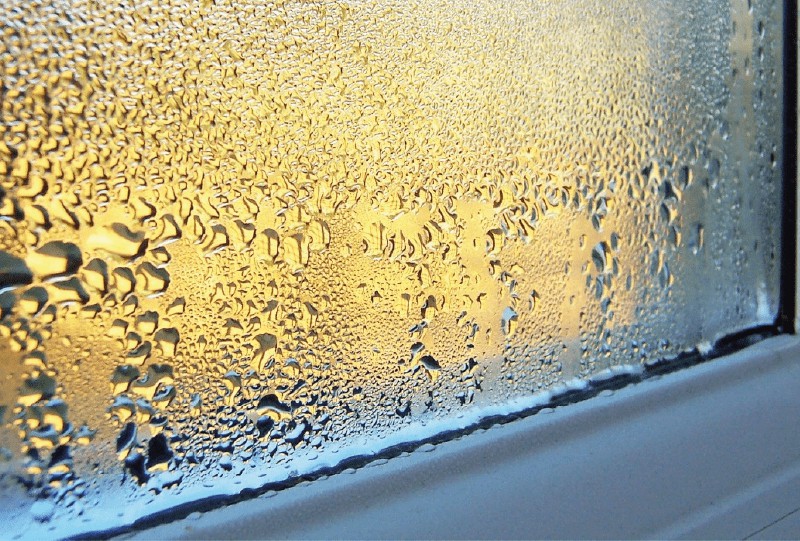How to avoid condensation on windows
Condensation on windows is a common problem during winter and can cause discomfort at home. Although it cannot always be completely controlled, there are several tips that, if applied correctly, can help significantly reduce condensation on your windows. In this article we explain the causes of this phenomenon and give you some recommendations to keep your windows free of moisture.

Why does condensation occur on windows?
Condensation on windows is the result of the accumulation of water vapour in the air, which when it comes into contact with cold surfaces such as glass, turns into water droplets. This vapour can be generated by everyday activities such as taking a hot shower, steaming or opening the oven. In addition, other factors such as the location of your home or its orientation to the sun also influence the appearance of condensation.
Although it cannot be completely avoided, these tips will help you reduce condensation on your windows.
1. Ventilate your home frequently
Ventilating your home is one of the most effective methods to reduce condensation. By renewing the indoor air, you reduce the amount of humidity accumulated and also regulate the temperature of the rooms. Open your windows for 10 to 15 minutes a day, especially in more humid rooms, to keep the air fresh and prevent windows from fogging up.
2. Use a dehumidifier
A dehumidifier is a great tool for controlling humidity levels in your home. It removes excess moisture from the air, which helps prevent condensation on your windows. Place a dehumidifier in rooms that are more prone to humidity, such as the bathroom or kitchen, and you'll see improved air quality and decreased condensation.
3. Keep an eye on rooms with more humidity
Some areas of your home, such as the kitchen, bathroom, and rooms where you dry clothes, tend to have higher humidity levels. Household chores like cooking or washing dishes contribute to higher humidity. Try to follow the recommendations mentioned above in these areas: ventilate properly, use a dehumidifier and avoid drying clothes in these rooms to reduce moisture build-up.
4. Properly insulate doors and windows
Good insulation of doors and windows can make a big difference in reducing condensation. By keeping the heat inside the home and preventing cold air from entering, you help the windows not to get as cold and therefore reduce the risk of condensation. If insulation of the façade is not a viable option, focus on improving the insulation of your windows with specific products available in hardware stores.
5. Install air extractors in bathrooms and kitchens
Air extractors are an excellent option to reduce humidity in rooms such as the kitchen and bathroom. If you have a proper ventilation duct, an extractor fan can be the ideal solution to remove excess steam and prevent condensation on your windows. Make sure your ventilation system is working properly and that there are no obstructions.
Conclusion
Preventing condensation on your windows can be easy if you follow these tips. Ventilating your home, using dehumidifiers, improving insulation and having air extractors are all effective strategies to keep your windows free of moisture. Although it cannot be completely eliminated, these tricks will help you reduce it considerably and enjoy a more comfortable home. Do you have any other tips to avoid condensation? Share it with us!





Our customers trust us
Opinions of our clients
Receive our news